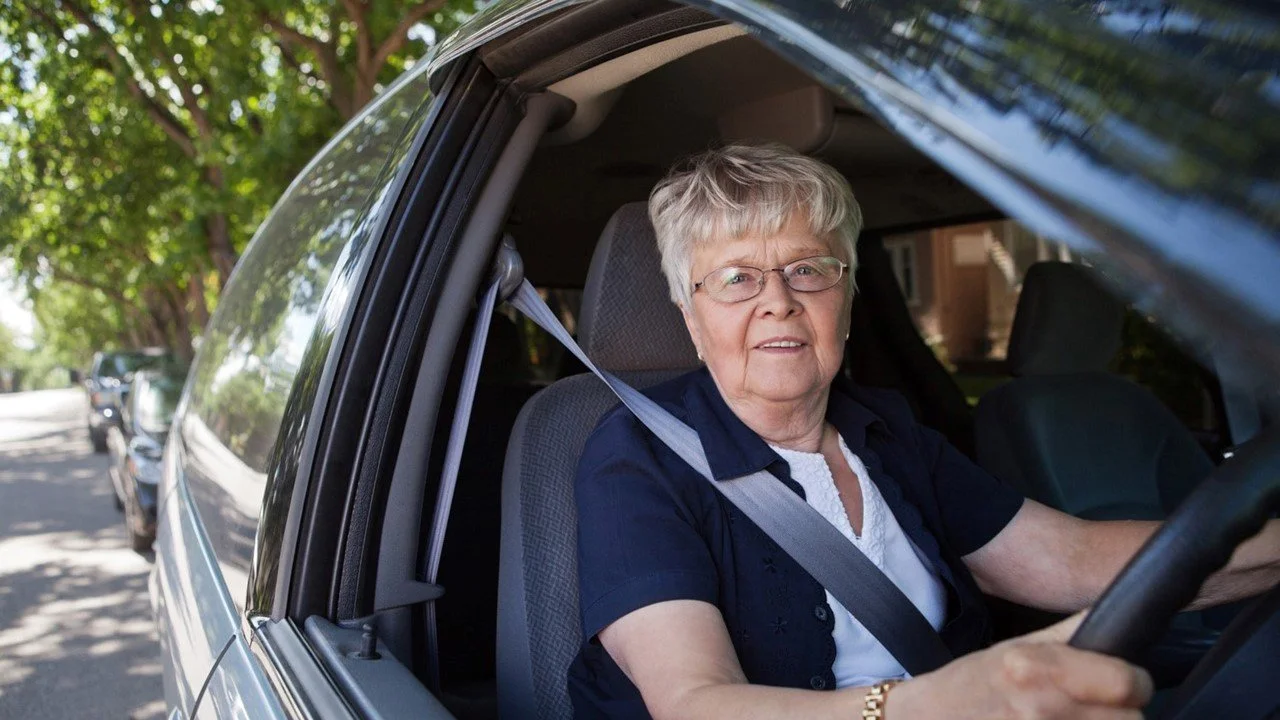Our advice aims to help you drive safely for longer, and to prepare for retiring from driving if that becomes necessary.
Is Your Driving Changing?
As we get older, changes in our fitness and eyesight can affect our ability to drive safely.
But, there are lots of things we can do to continue driving safely for as long as possible.
If you are worried about your driving, discuss this with friends, family or your GP.
Some health changes need to be reported to the DVLA. If you are not sure, ask your GP or the DVLA for advice.
Adapting Your Driving
Some drivers may choose to avoid situations they find difficult.
This includes certain junctions and roundabouts, rush hours periods, and night time driving.
You might also choose to reduce the amount of driving you do.
You could use taxis , buses, trains, or lifts from family and friends.
You can also adapt your vehicle with steering aids, covers, swivel seats, seat cushions, and pedal or seatbelt extensions.
Driving Assessments Are Not a Test
They are friendly, informal, and take place in your own vehicle, findings from the assessment are kept completely confidential.
There are two types of driving assessment:
Detailed - For people with a medical condition or disability that affects their driving.
Simple - Voluntary assessments that can be taken if you want a bit of help and advice on how to improve your driving.
Retiring From Driving
The time may come where it is no longer possible for us to drive safely, and for the sake of ourselves and others, we should stop driving.
Giving up driving doesn’t have to be a negative experience, and it doesn’t have to mean a loss of freedom and mobility.
It is important to remember that you must stop driving if you have been told to by your GP or the DVLA.





